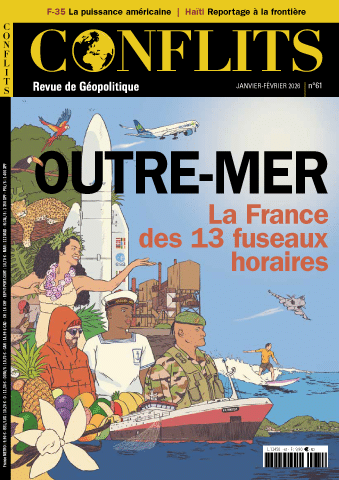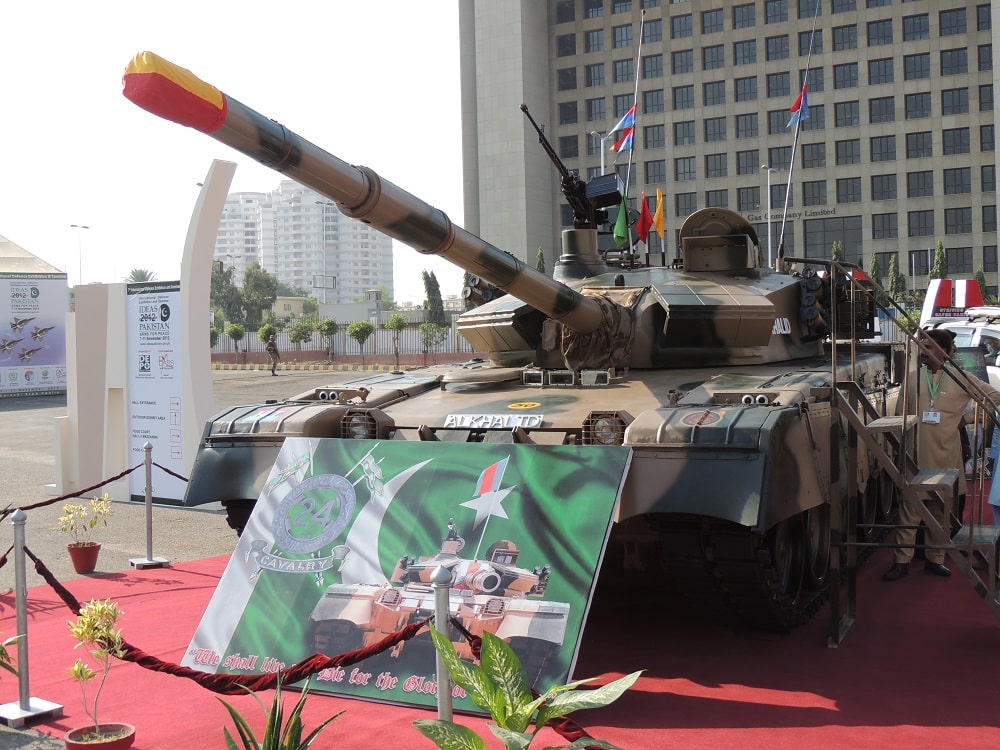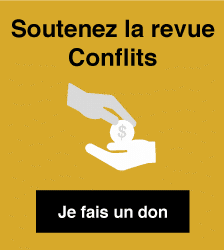In September 2025, Saudi Arabia and Pakistan formalized a mutual defense agreement. Presented by some as a nuclear guarantee offered to Riyadh by Islamabad, this rapprochement raises many questions regarding its military, diplomatic, and regional implications.
Jean-Baptiste Noé: This agreement has been described as a « nuclear protection » offered by Pakistan to Saudi Arabia. What exactly does that mean?
Gil Mihaely: One must be cautious with such formulas. The agreement signed between Riyadh and Islamabad is not a revolution, but rather the official recognition of a long-standing relationship. One could say it is a marriage formalizing a long cohabitation.
Since the late 1940s, and even before the official creation of Pakistan in 1947, ties have existed between Muslim elites of the Indian subcontinent and the Saudi kingdom. On the military level, Pakistan has often supported Riyadh: Pakistani soldiers were deployed in Saudi Arabia, notably during the seizure of the Grand Mosque in Mecca in 1979; Saudi officers are regularly trained in Pakistan. Even today, several hundred Pakistani military personnel are stationed in the kingdom.
In other words, military cooperation between the two countries is nothing new. What has changed is the willingness to publicly display this alliance.
As for the « nuclear umbrella, » nothing confirms that it is part of the agreement. Official statements are deliberately vague: they refer to military assistance « at all levels, » but without ever explicitly mentioning non-conventional weapons. This ambiguity is maintained by both parties, likely to send signals without making concrete commitments.
Jean-Baptiste Noé: Some commentators see this as a response to recent Israeli strikes. Is that credible?
Gil Mihaely: No. Such an agreement is not negotiated in ten days. A text of this kind requires months, even years, of discussions. Of course, the signing ceremony can be accelerated or postponed depending on the context, but the substance of the agreement long predates current events.
It should therefore not be seen as a short-term reaction to Israeli actions, but as part of a deeper strategic repositioning. As in Europe in the 1930s, when France multiplied treaties with its Central European allies, these agreements are above all linked to the perception of a common adversary and to the evolution of the geopolitical context.
Jean-Baptiste Noé: Can we really speak of a military guarantee between the two countries?
Gil Mihaely: Again, caution. This agreement cannot be compared with NATO’s Article 5, which provides for automatic solidarity among its members — and even that article is subject to interpretation today.
In the Saudi-Pakistani case, it is very unlikely that Riyadh would send its F-15 fighters to support Islamabad in a conflict with India. Similarly, Pakistan has neither the will nor the means to offer Saudi Arabia nuclear protection.
What we are witnessing is primarily a convergence of interests:
Pakistan: a technologically competent army, but a state on the verge of bankruptcy, seeking to monetize its military power.
Saudi Arabia: a country immensely wealthy but dependent on external security, eager to diversify its alliances as the reliability of the United States appears increasingly uncertain.
Jean-Baptiste Noé: Could there also be an energy dimension, particularly with regard to China?
Gil Mihaely: It’s possible, but secondary. Saudi Arabia already exports massively to Asia and maintains good relations with both India and Pakistan. The agreement changes nothing fundamental in this respect.
What matters is the message: Riyadh can no longer rely solely on American protection and is seeking other guarantees, including closer ties with regional powers. The formalization of the alliance with Islamabad should above all be read as a signal to Washington, but also to Tehran and regional rivals.
Jean-Baptiste Noé: Who is today Saudi Arabia’s main adversary? Iran? Israel? The Houthis?
Gil Mihaely: Riyadh’s top adversary remains Iran. Since 1979, the two countries have been engaged in an existential rivalry. The Islamic Revolution gave political Shiism new momentum, to which Saudi Arabia responded with a radicalization of Wahhabism.
The confrontation is religious, geopolitical, and historical. Saudi Arabia claims legitimacy as the guardian of the holy sites and promoter of a rigorist Islam; Iran presents itself as the champion of Shiism and Persian nationalism, with influence extending into the Arab world.
That does not mean Riyadh wants to make Israel or India a declared enemy. On the contrary, Saudi Arabia has every interest in maintaining good relations with New Delhi, home to a large diaspora, and even in avoiding direct confrontation with Israel. But the regional balance remains structured by the Saudi-Iranian antagonism.
Jean-Baptiste Noé: What possible next steps could follow this agreement?
Gil Mihaely: In the short term, the significance is mostly diplomatic. The officialization creates a « political fact »: everyone is talking about it, and Iran must now factor this alliance into its strategic calculations.
In the medium term, the impact will depend on the evolution of bilateral relations. Pakistan and Iran already share a complicated border, notably in Baluchistan, where tensions and insurgencies persist. For Tehran, seeing Islamabad draw closer to Riyadh reinforces its sense of encirclement.
Finally, one question remains: is Saudi Arabia seeking to move closer to military nuclear capabilities, directly or indirectly? Even if I doubt Islamabad will grant it a « nuclear umbrella, » the mere possibility worries Iran and could accelerate its own programs. In this sense, this agreement, without even altering the immediate military reality, is already weighing on regional security.
Read more : The Kurdish Question: Towards Peace? Erdoğan’s Rule of Four










